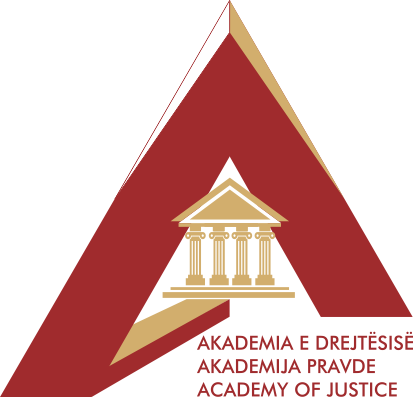
 ACADEMYOF JUSTICE
ACADEMYOF JUSTICE
May 13 2019, Academy of Justice with the support of UNHCR in its Continuous Training program organized training on Implementation of the Law on Asylum in Kosovo. Purpose of this training was to improve the judge’s knowledge on the role of international acts on asylum and the applicable legislation and role of parties in the asylum procedure that takes place in the Republic of Kosovo.
First part of the training was dedicated to the following: International Law on Refugees – International Convention on Asylum and importance of implementing the Kosovo law on Asylum. Second day elaborated on: application of legislation on asylum and asylum matters – cases from practice, study cases and examples from the national level and regional countries.
Initially it explained the role of the International Convention on Asylum and relation of the Kosovo Law on Asylum with this convention. Comprehensive elaboration was made on the procedure that relates to asylum seekers requests that are filed with the Department on Citizenship, Asylum and Migration of the Ministry of Internal Affairs, and the National Committee for Refugees in Kosovo, as well as the administrative conflict procedure within the competent court.
Focus was also on dilemmas that relate to the status and stay of persons that require international protection, legal procedure for keeping them and their expulsion from the Republic of Kosovo based on provisions of the Law on Asylum, and its correct implementation by competent authorities of the Republic of Kosovo.
This training highlighted that Republic of Kosovo shall in no way evict or return the refugee in territories where life and liberty of the asylum seeker is endangered because of the race, religion, nationality, membership to a certain social group or his/her political convictions. Republic of Kosovo, recognizes the right of asylum to foreign citizens or persons without citizenship upon their request, and if they meet the refugee criteria set forth in the Law on Asylum. But Republic of Kosovo, may withdraw the right of asylum to persons on the following grounds: if they committed crimes against peace, war crimes or crimes against humanity, as per the UN Chart.
This training used methods of theoretical explanation, based on case studies and accompanied with interactive discussions facilitated by trainers, and it analyzed the topic that focused on asylum issues.
Beneficiaries were judges of the Administrative Department of the Basic Court and of the Appeals Court, prosecutors from Basic Prosecutions instance, professional associates in courts and prosecution offices, UNHCR officials and civil society (CRPK).
13-05-2019